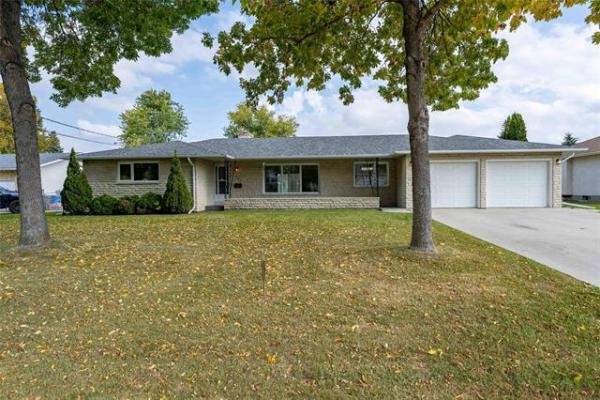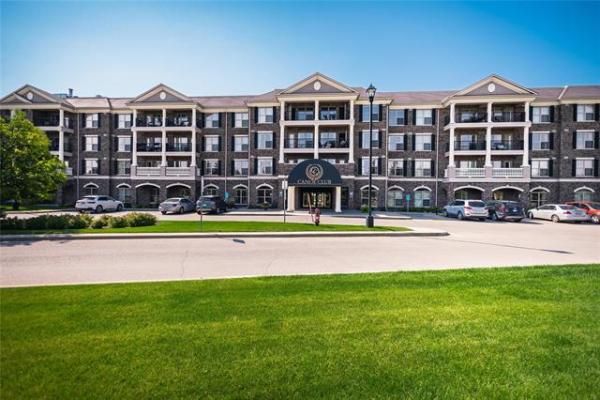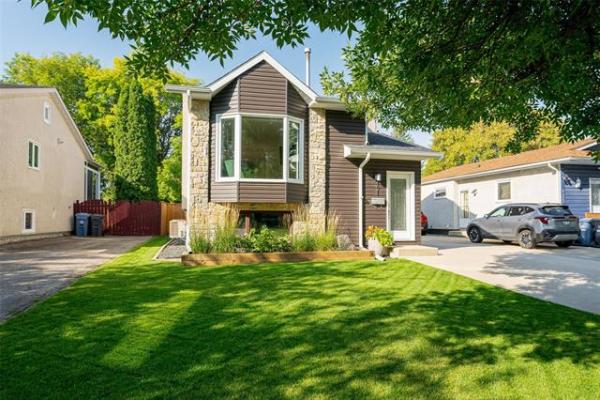Home-energy evaluation, audit, rating -- they all mean the same thing when you're qualifying for any federal or provincial government upgrade grants.
The whole idea is to identify where your home rates on a scale from 0 to 100. The audit cost will have a very quick return on your investment if performed properly.
However, I've heard some very interesting stories of how energy audits are performed, ranging from a brief chat across the kitchen table to three hours spent up and down ladders, down in the crawlspace and up in roof cavities.
In fact, the average energy evaluation should take about two to three hours, depending on the size of your home.
Keep in mind you will see some advertisements that offer a free energy audit if you buy a furnace, windows or heat pump. This means you may be committing to the purchase of expensive items, rather than more important but not so cosmetically pleasing items, such as insulation, draft-proofing, exhaust ventilation and heat-recovery systems.
I'm not going to suggest that it won't be a great deal for you, but you should prioritize your upgrades.
Here's what you should expect from an energy audit -- from an auditor with the answers on how your house works, not just a computer software program:
-- How much insulation do I have now in my walls, ceiling, basement and crawl space? (The energy adviser will have to look.) What should I have and why? What does R-value mean? What is vapour barrier?
-- Answers on exhaust venting. Bathroom fans, range hoods, HRV (heat-recovery ventilator): Why are they necessary when older homes have none of the above? How should they be installed? What does CFM relate to?
-- What is the difference between an ENERGY STAR rated window and a standard insulated glass window? What is Argon? Are triple glazed windows better value? Should I put better windows in the west and south elevations of my home?
-- Why is a fan-door test done on my home? What does a negative or positive air test mean? What does a smoke-pencil test prove? What is makeup air? What is combustion air?
-- Will my new furnace be smaller or larger physically or in BTU output? What is a BTU?
I've listed six points that a qualified home energy auditor should address. Here is a priority list of where to obtain the biggest bang for your buck:
-- Upgrade insulation and draft-proofing.
-- Upgrade heating, air conditioning and ventilation.
-- Upgrade windows and doors.
-- Undertake other upgrades for ENERGY STAR products.
-- Postmedia News



